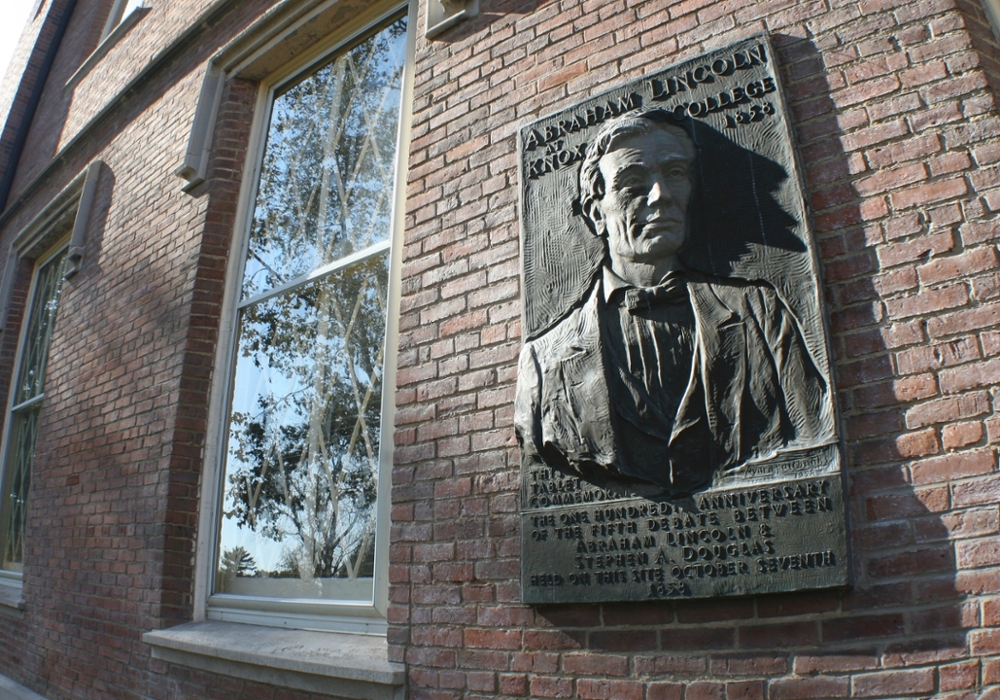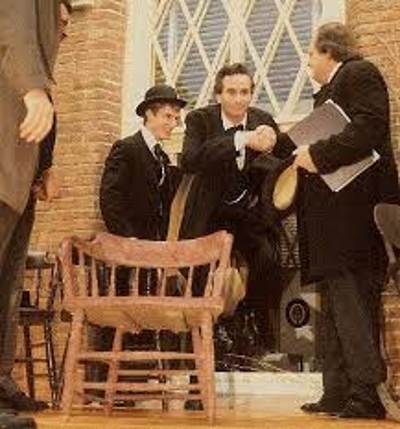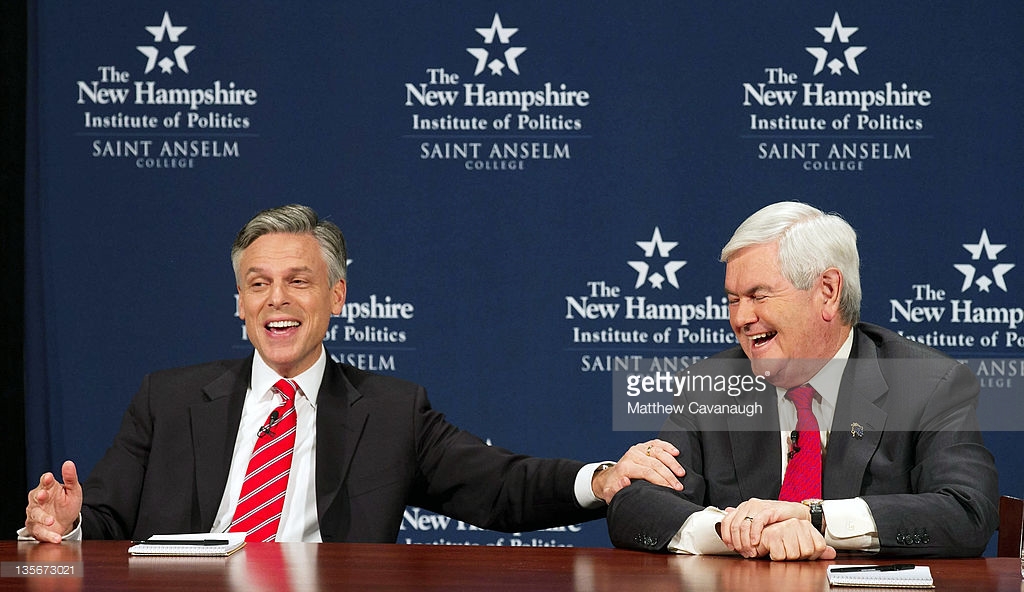
Legacy of the Lincoln-Douglas Debates
It was October 7th, 1858 and nearly 15,000 people had gathered at Knox College for what would be an incredible debate between Senator Stephen Douglas (D-IL) and Abraham Lincoln (R-IL). Earlier that year, both men had agreed to a series of seven debates, before the Illinois General Assembly would vote for their United States Senator. Back then, United States Senators were actually elected by their State Legislators, not by direct vote of the people (until the 17th Amendment was ratified on April 8th, 1913.)1 These debates occurred after Abraham Lincoln had been following Stephen Douglas around the state and speaking after him. Eventually, both political campaigns would agree to a series of seven debates, held in various parts of the state. The debates that ensued have captured generations of American memory and have been elevated to a certain level of greatness. What emerged is one of the greatest series of debates about the expansion of slavery, which dealt with popular sovereignty and included: The Lecompton Constitution, The English Bill, and The Kansas-Nebraska Act. Although the debates only focused on one specific issue, they were full of substance. This type of debate seems to be lost in this era, as current politicans have talking points on a variety of issues, but offer very little substance when they debate.
Value of the Debates

One might find it difficult to imagine any current political candidate debating on one policy issue for over 21 hours. This is a main reason Harold Holzer said, “The Lincoln-Douglas Debates reputation far outweighs their value… And they are hardly an inspiring model for modern candidates seeking to showcase their oratorical skills.”2 Furthermore, Holzer claimed that “the debates were not even accurately published, the texts we know today were massaged by partisan editors eager to make their candidate sounds less garbled, because newspapers of the era were openly connected to major parties.”3 Another solid point from Holzer comes from the pure politics that the debates embodied. Lincoln decided to debate Douglas so that he could further his own political ambitions. However, they would eventually propel him to the presidency. This is a key reason for why we find value in the debates, one of our greatest presidents emerged from them. In addition, the level of civic engagement is admirable and that is probably why C-SPAN sought to re-create the debates in 1994.4
Re-Enactment of the Debates

The Lincoln-Douglas Debates were re-enacted in 1994 by the Cable Satellite Public Affairs Network or C-SPAN. This emerged as part of C-SPAN's 15th anniversary celebration. C-SPAN officials approached the mayors of all seven cities in 1993. According to an article from The Baltimore Sun, the Mayors said, "Re-create your debates, they said, using local talent and local money and we'll come in and broadcast them, as though we'd been there in 1858."5 Eventually, all seven mayors agreed, the state of Illinois chipped in $20,000 for each site and C-Span spent $300,000 to $500,000 promoting the debates, providing staff people to coordinate the coverage and putting together educational materials. The re-enacted debates were a success and brought the original debates back to life for a different generation of television viewers.
The Lincoln-Douglas Debates in Contemporary Politics
In recent memory, both Hillary Clinton and Newt Gingrich have challenged their political opponents to Lincoln-Douglas style debates. Hillary Clinton led an unsuccessful effort to debate then-Senator Barack Obama to a Lincoln-Douglas style debate in 2008. Newt Gingrich had an enormous fascination with the debates in 2012, where he referenced them numerous times, and actually participated in two “Lincoln-Douglas” style debates with his GOP rivals, Herman Cain and Jon Huntsman.6 The debates that ensued were more like debate styles in the current political era. They did not spend the entire debate on one issue, as Lincoln and Douglas did seven times during their series of debates. They also failed to end the “sound bites” that are so typical of the current political climate. Gingrich clearly failed to accurately engage in a Lincoln-Douglas style debate on both occasions. After all, the aforementioned Lincoln-Douglas style debate focused on more than one issue. This never would have happened in the days of Lincoln and Douglas. Moreover, current politicans attempts to participate in debates like these are more about publicity than anything else. In our current era, very few people would have the patience to listen to nearly three hour debates on one issue.

Watch Newt Gingrich and Jon Hunstman's Debate here: http://www.c-span.org/video/?303139-1/jon-huntsmannewt-gingrich-debate
Watch Newt Gingrich and Herman Cain's Debate here: http://www.c-span.org/video/?302440-1/herman-cainnewt-gingrich-lincolndouglas-style-debate
References
(1) 17th Amendment. (n.d.). Retrieved from https://www.law.cornell.edu/constitution/amendmentxvii
(2) By, G. M. (1994, Aug 21). Prime-time drama: Lincoln vs. douglas. New York Times (1923-Current File) Retrieved from http://search.proquest.com/docview/109314038?accountid=13360
(3) Holzer, H. (2012, January 27). The Lincoln-Douglas debates weren't as great as Gingrich thinks. Retrieved from https://www.washingtonpost.com/opinions/the-lincoln-douglas-debates-werent-as-great-as-gingrich-thinks/2012/01/25/gIQABwX1VQ_story.html
(4,5) Kaltenbach, C. (1994, August 20). C-Span, Illinois re-enact Lincoln-Douglas debates History in the Re-making. Retrieved from http://articles.baltimoresun.com/1994-08-20/features/1994232090_1_lincoln-douglas-debates-c-span-debates-history
(6) Real Clear Politics Video. (2011, November 6). Retrieved from http://www.realclearpolitics.com/video/2011/11/06/herman_cain_and_newt_gingrich_face_off_in_lincoln-douglas_debate.html